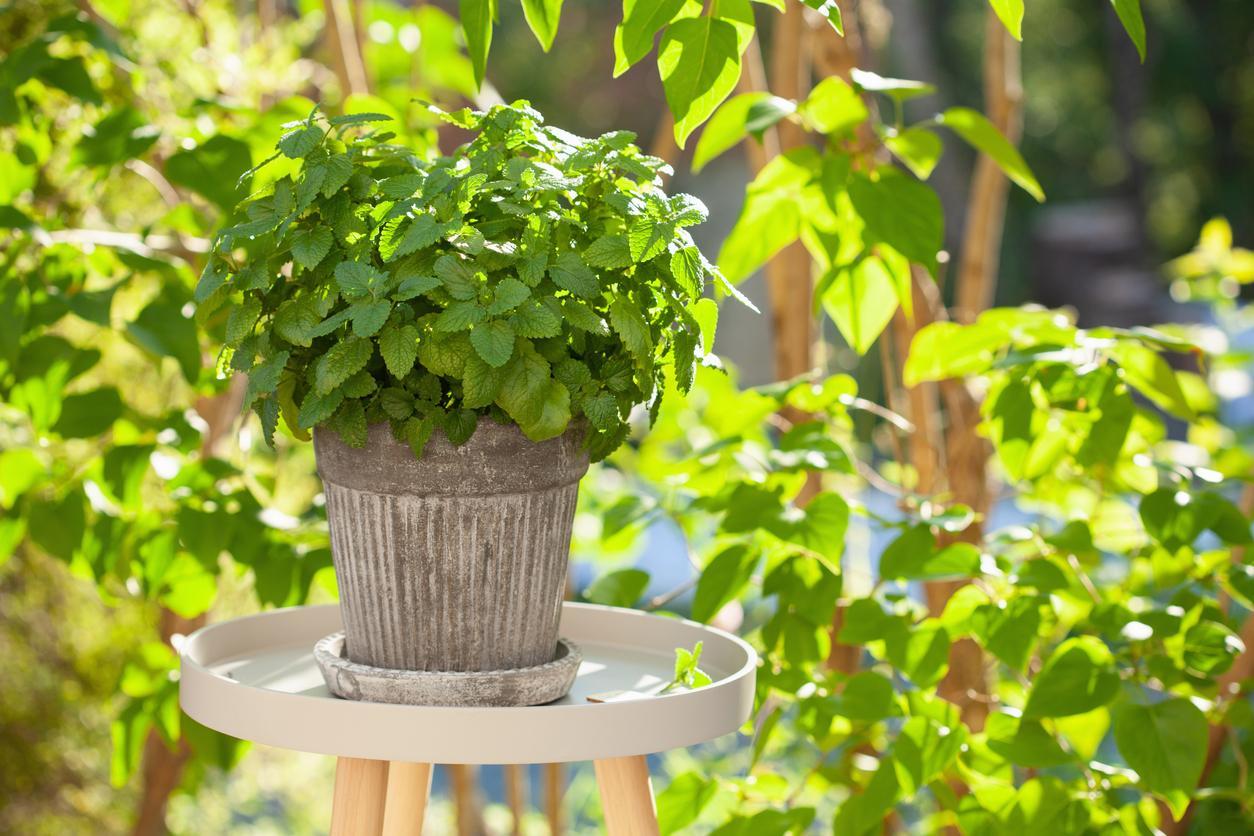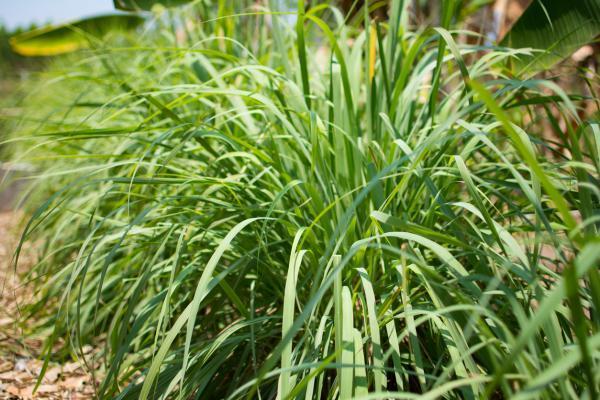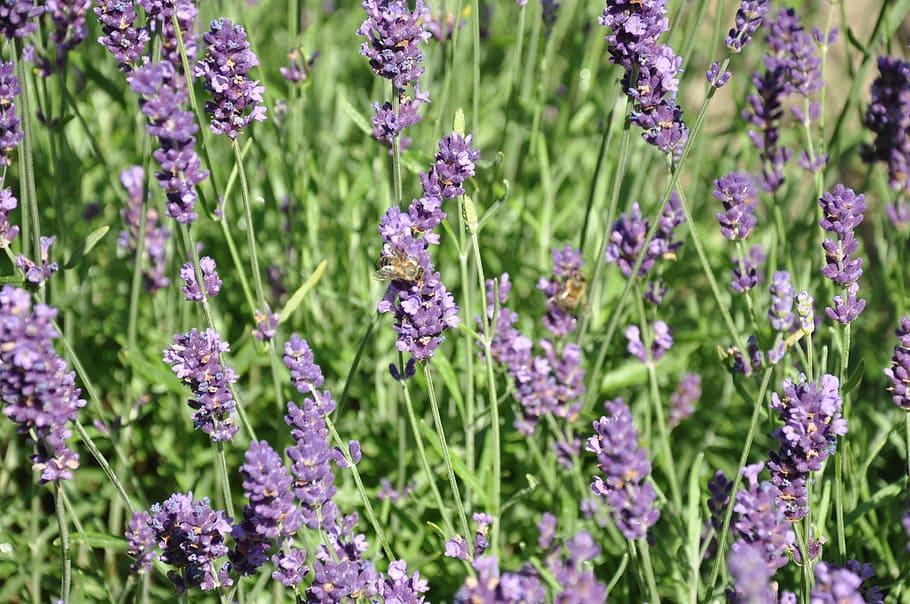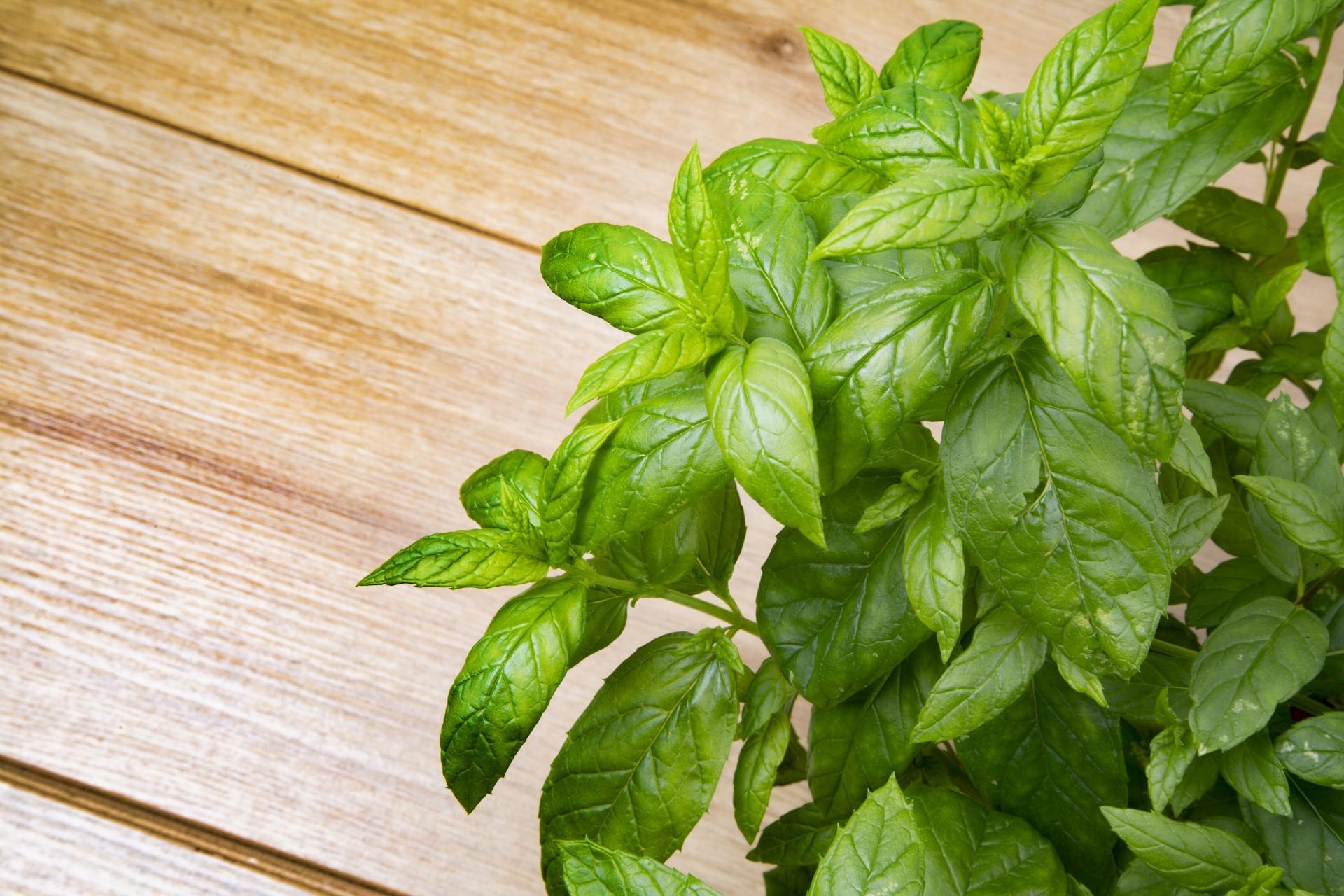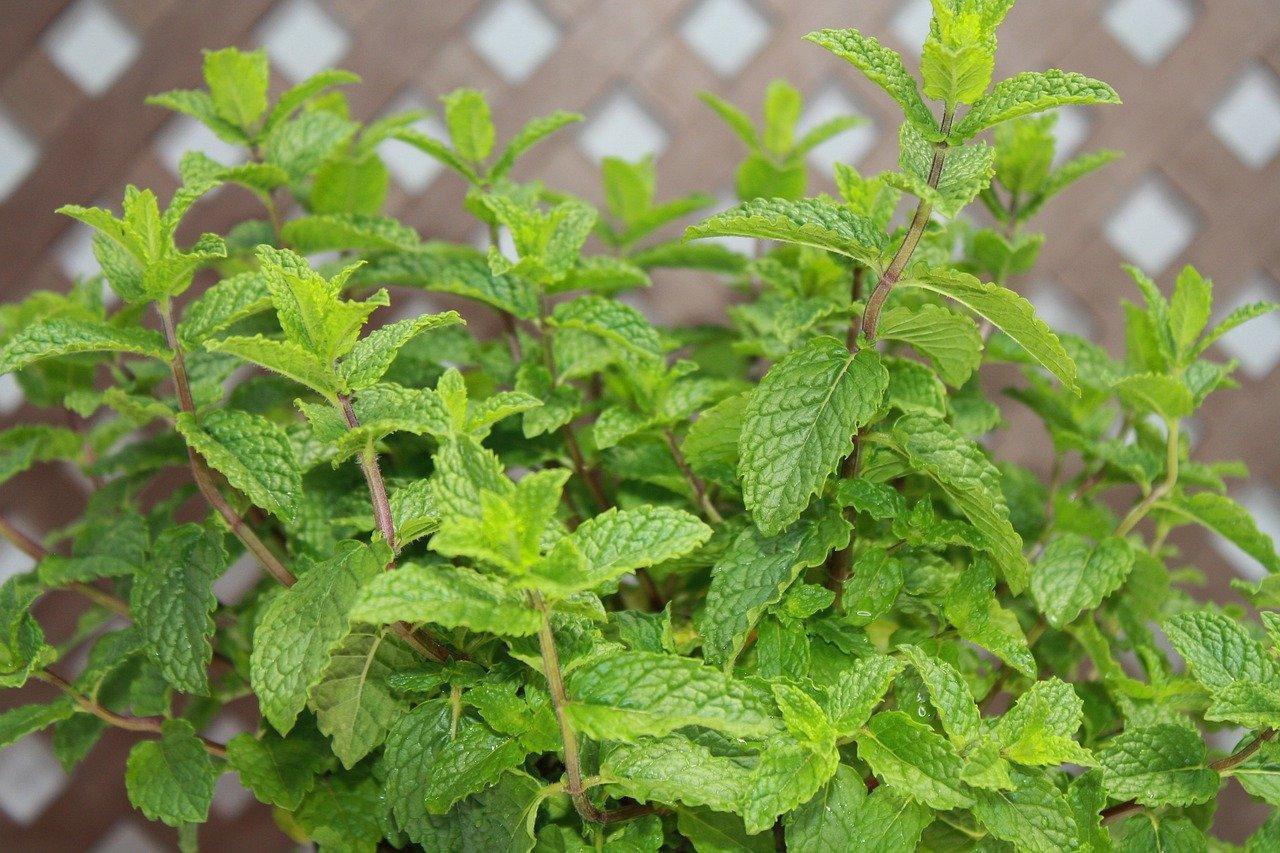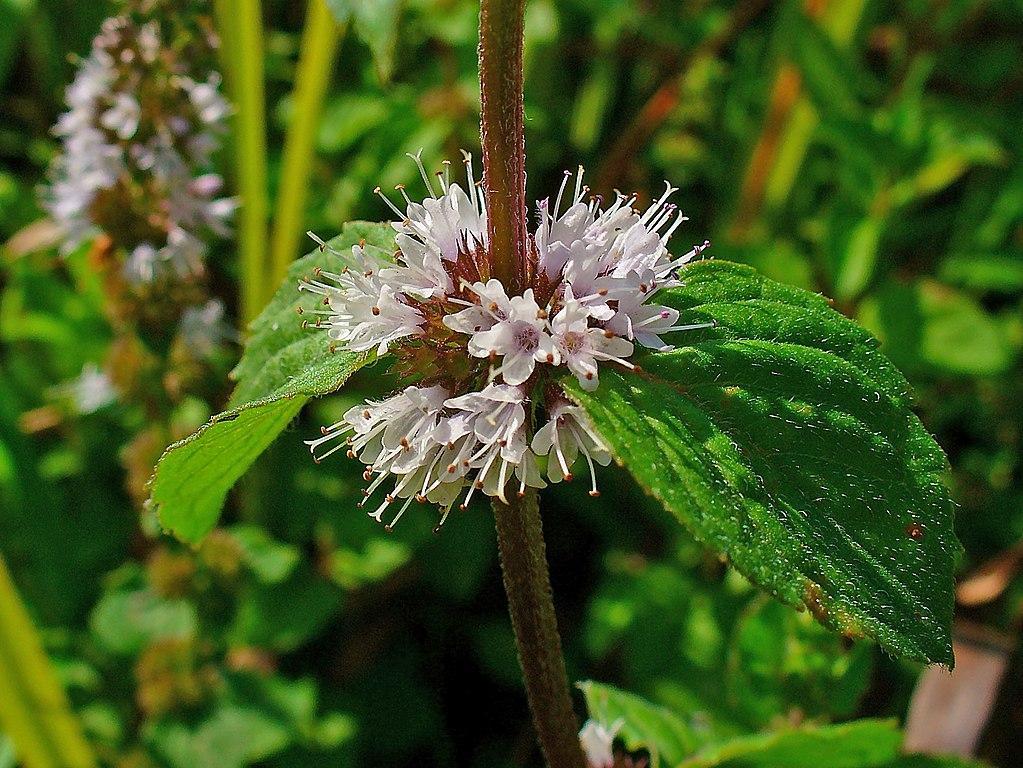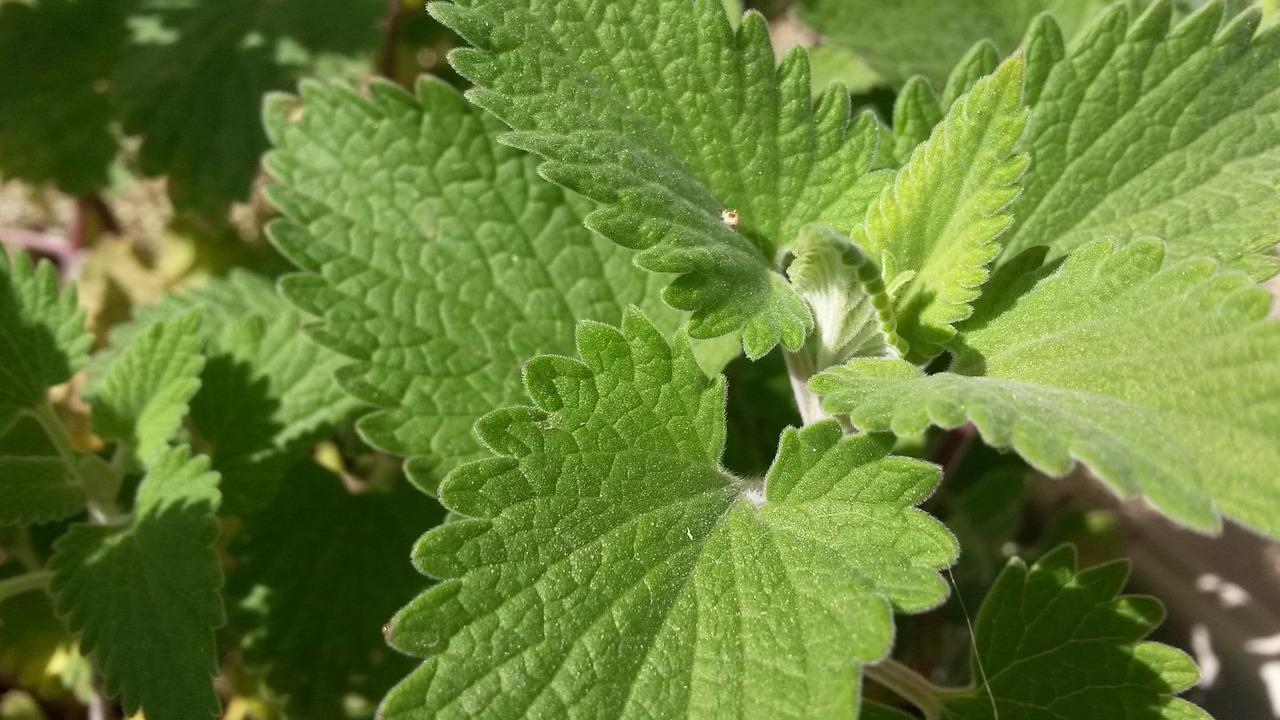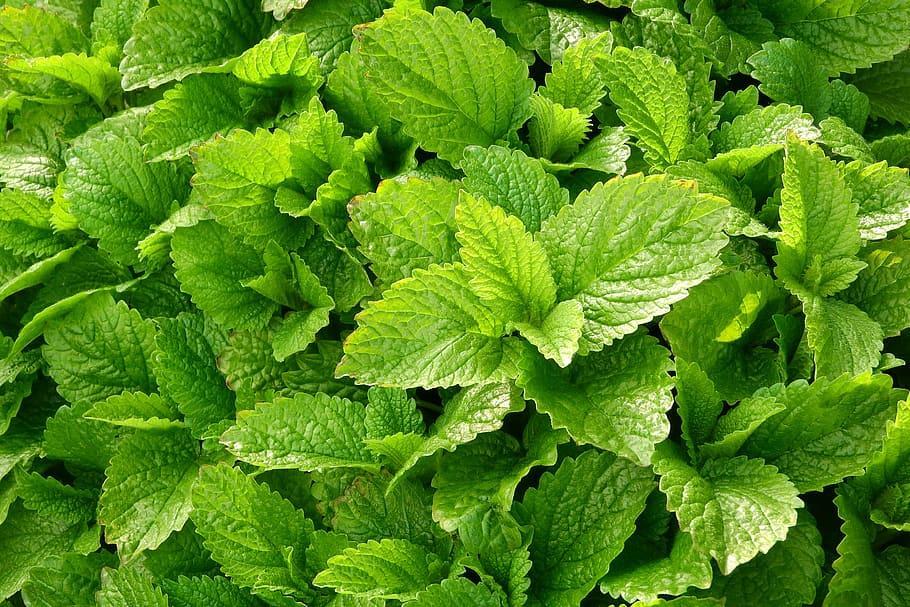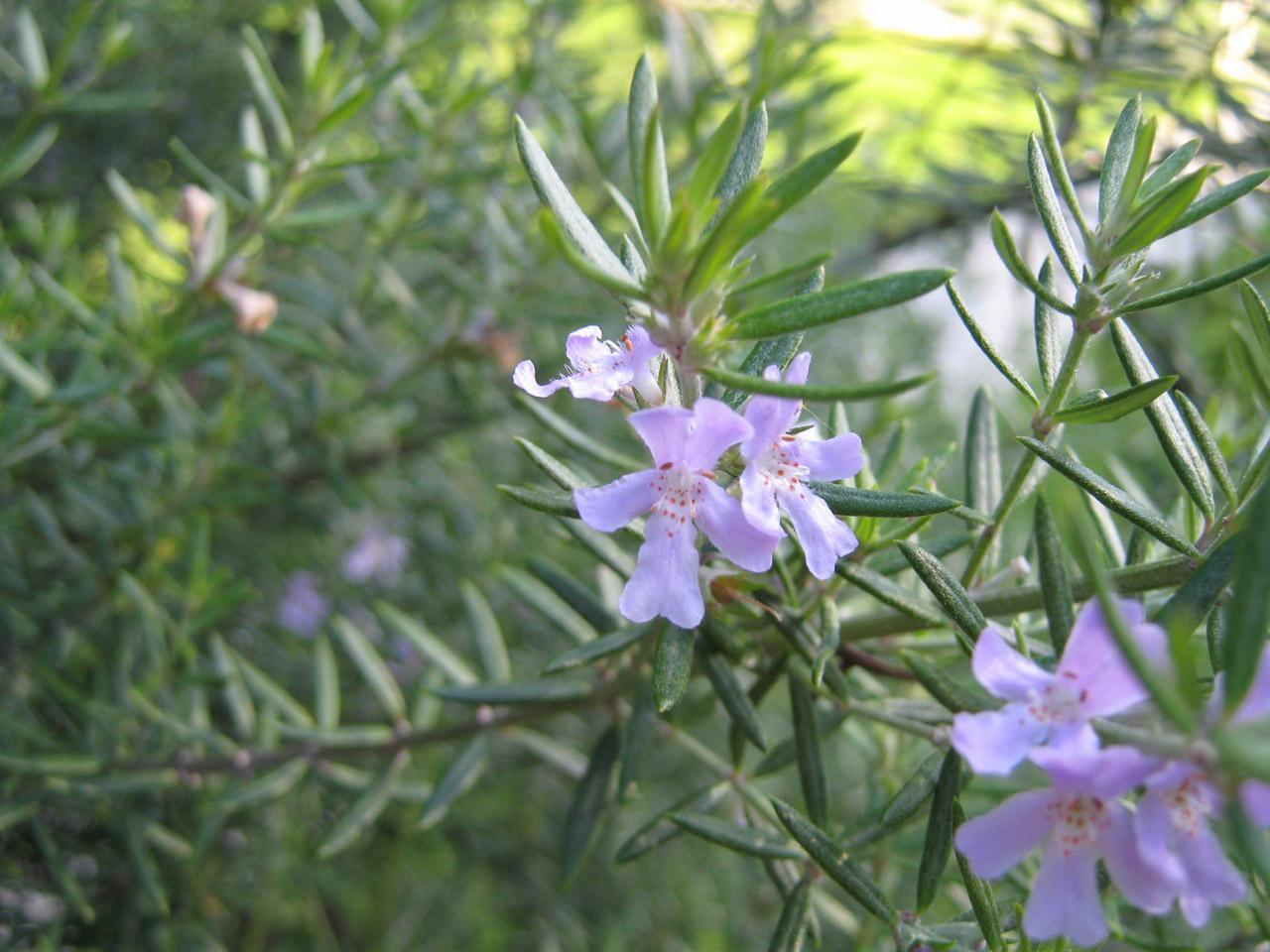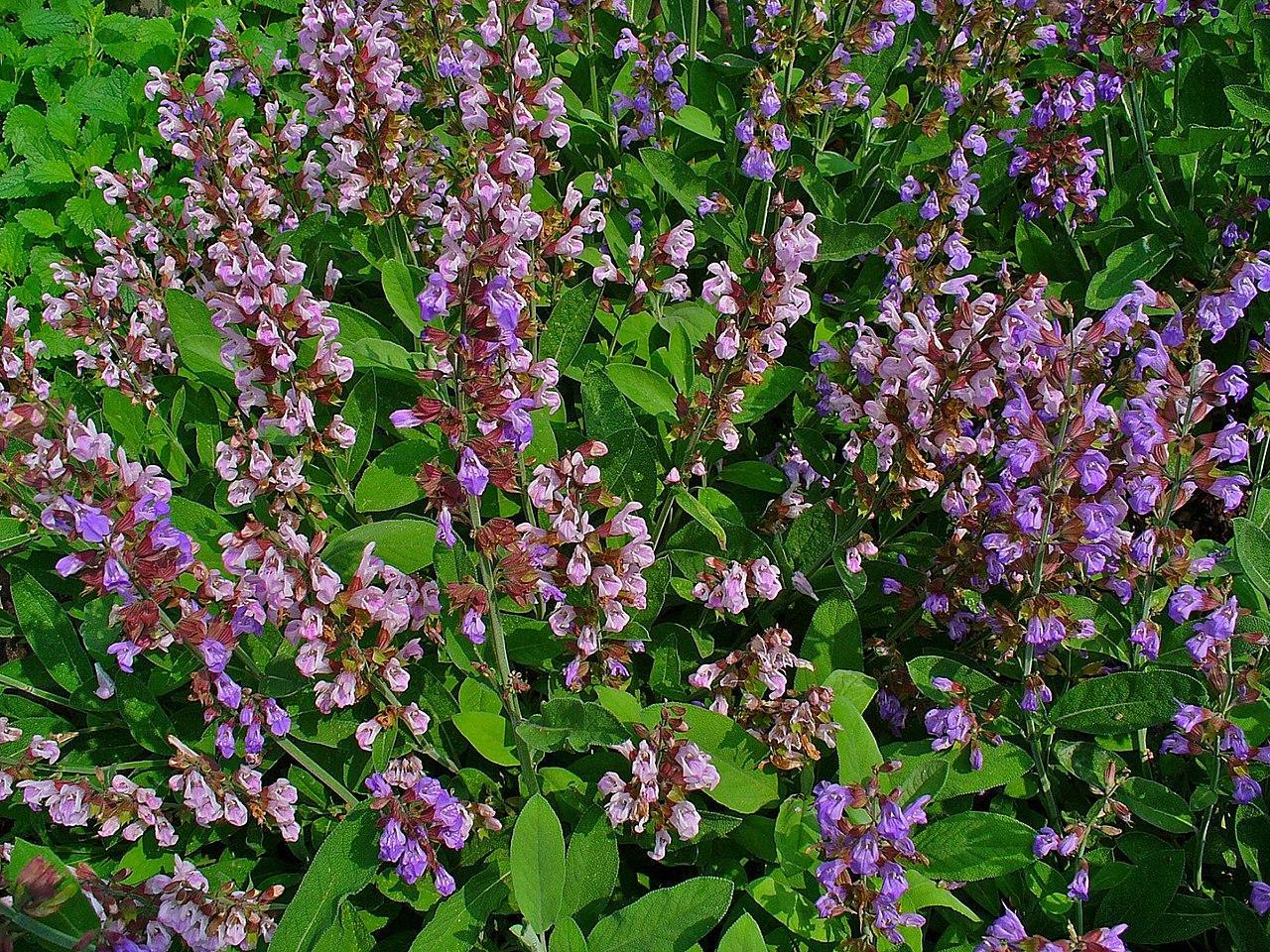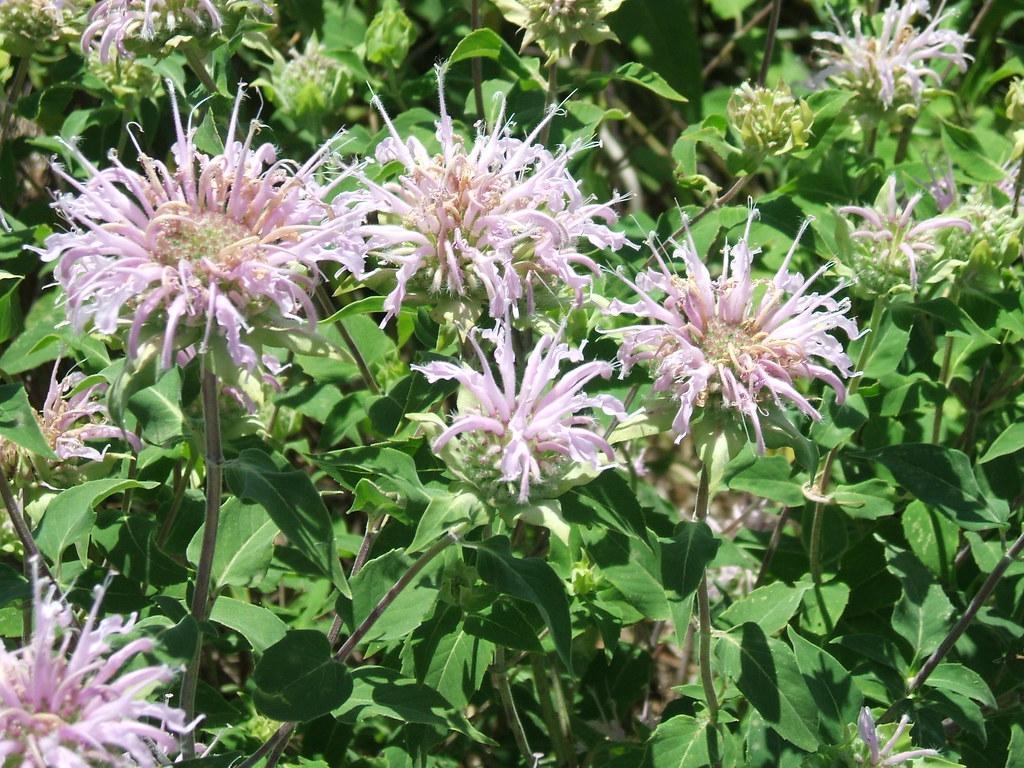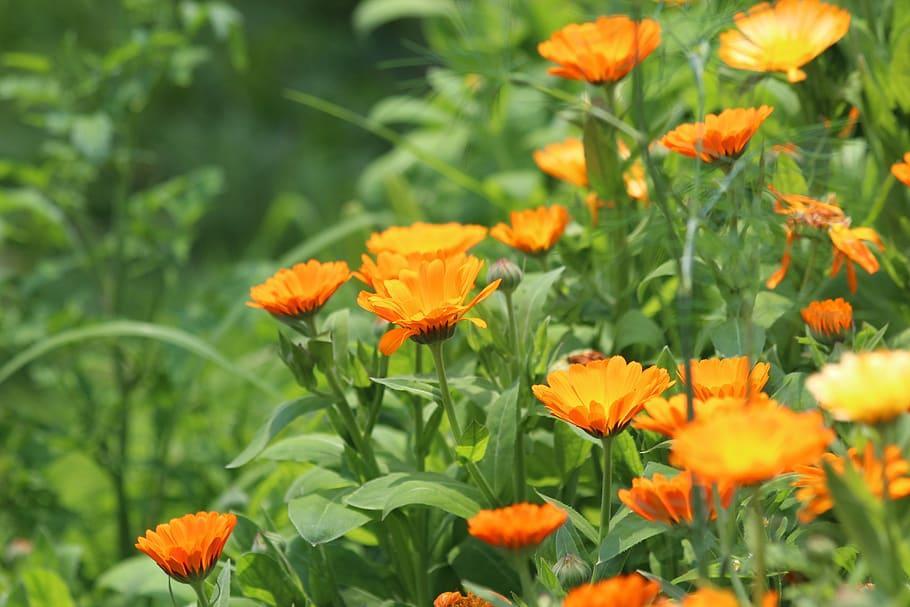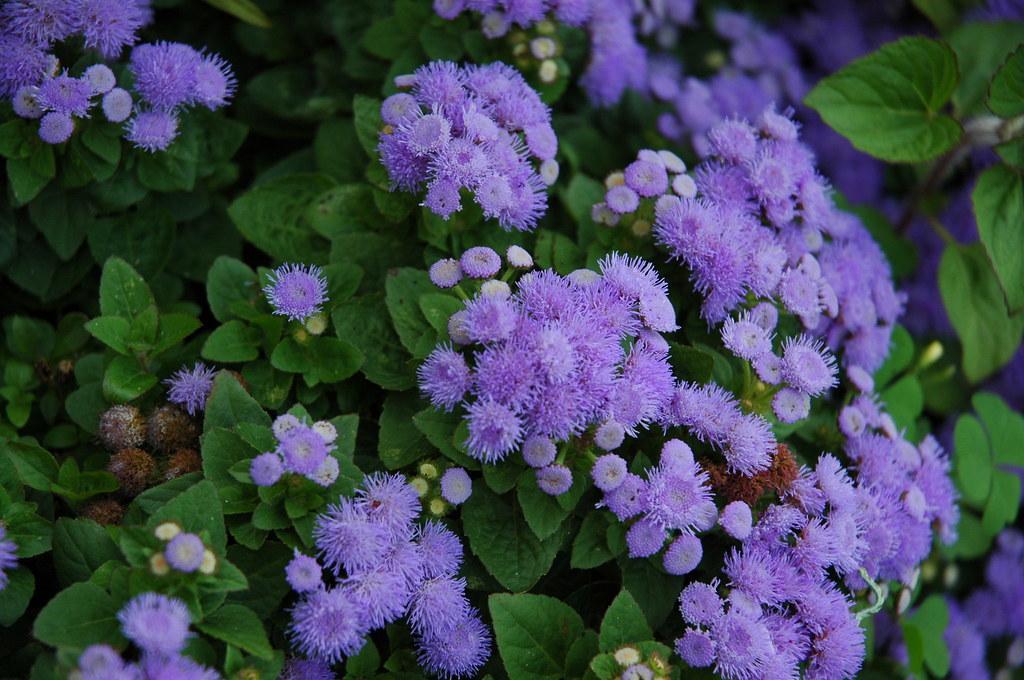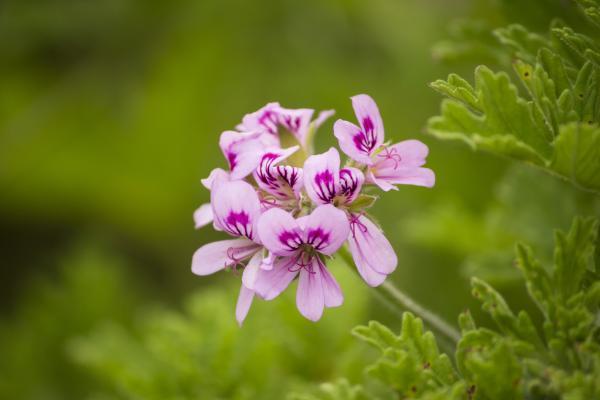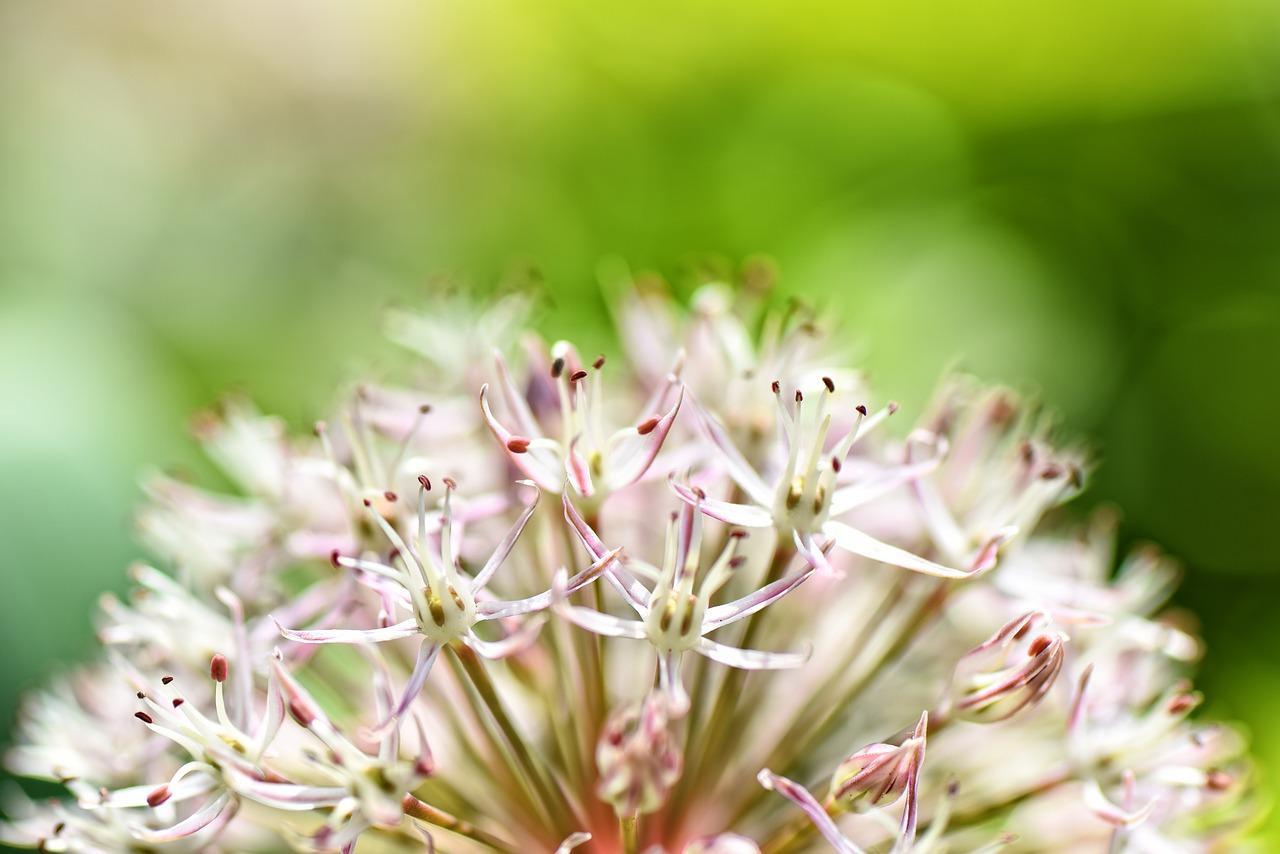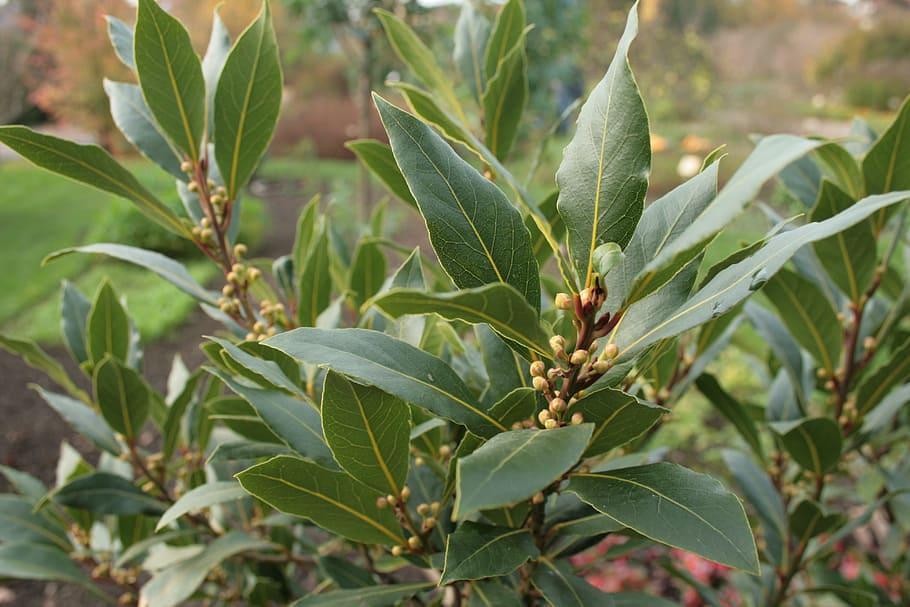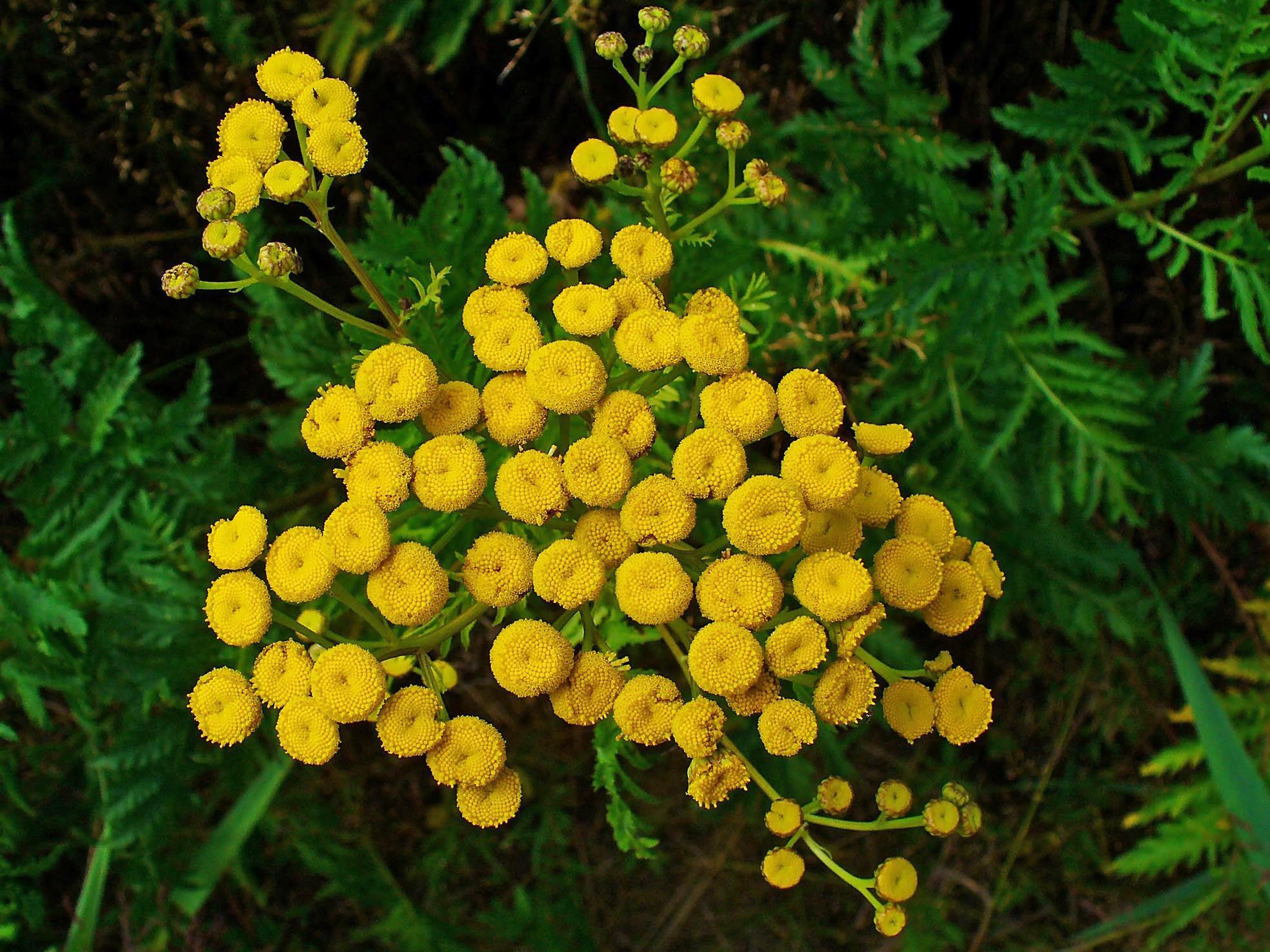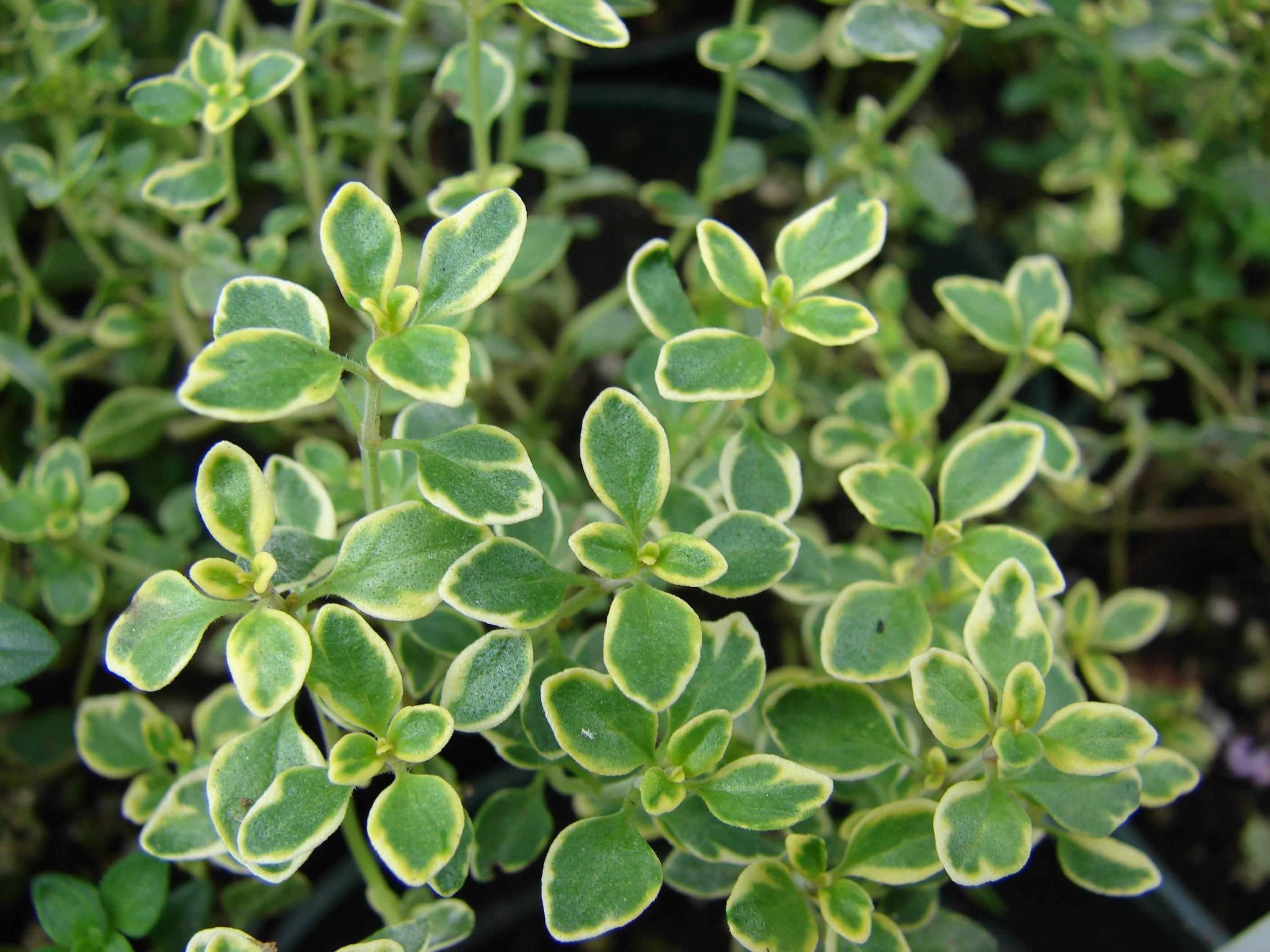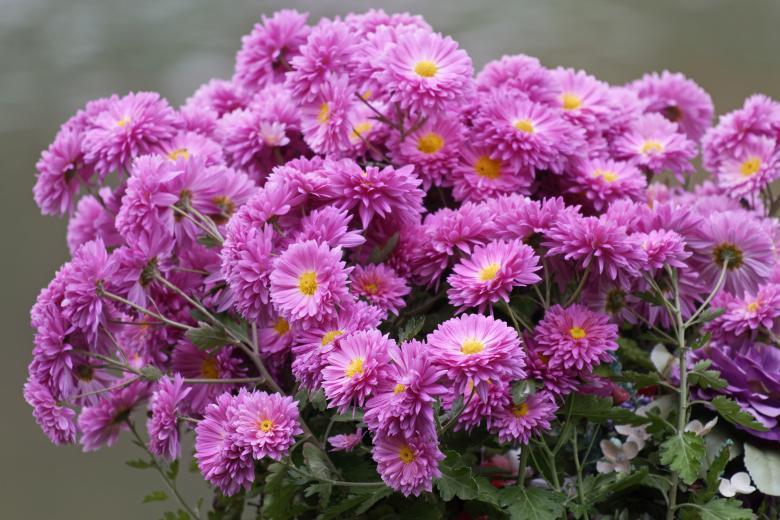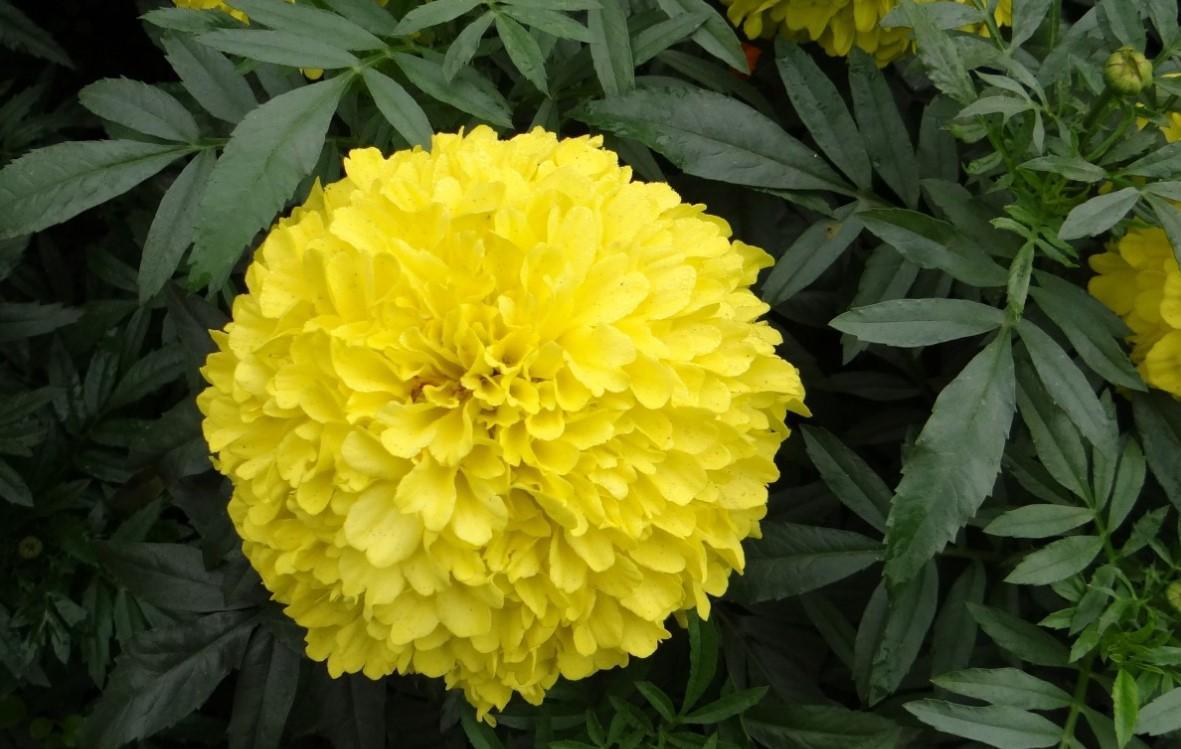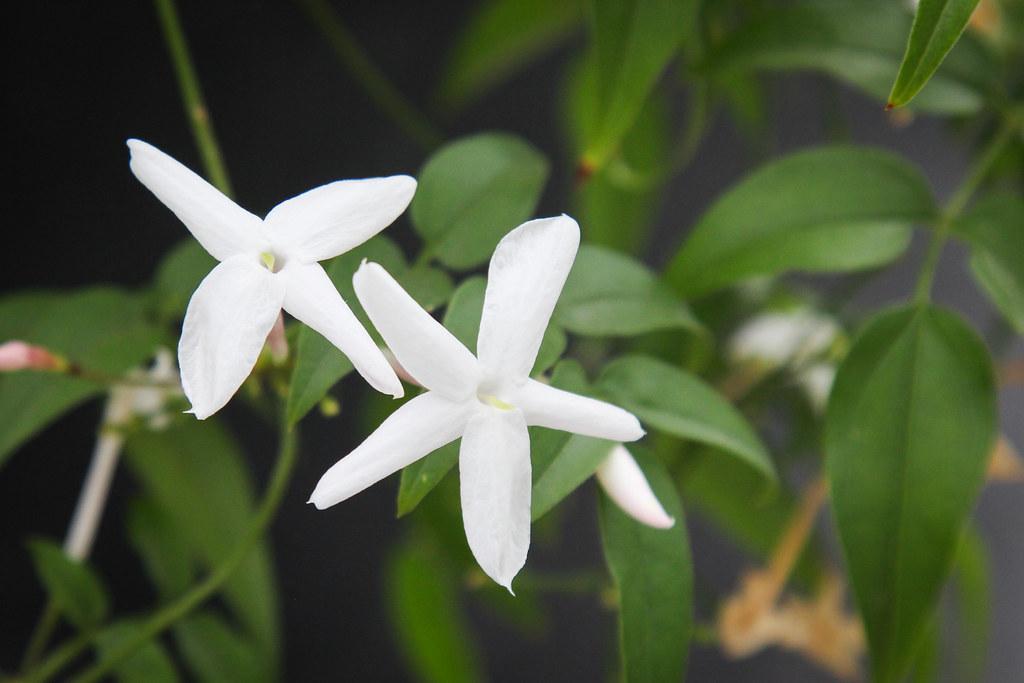Plants That Repel Mosquitoes

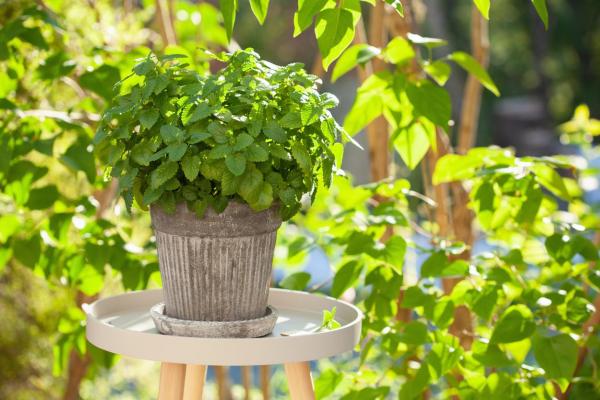
Mosquitoes are a nuisance, and they can also be dangerous. They can carry diseases like malaria, yellow fever, and Zika virus. If you're looking for a way to keep mosquitoes away from your home and family, consider using plants. There are many different plants that can repel mosquitoes and other insects. These plants contain compounds that have a strong aroma that mosquitoes find repellent.
In addition to repelling mosquitoes, plants can also make your home and garden more beautiful and inviting. They can also provide food and shelter for beneficial insects, such as bees and butterflies.
In this article by thedailyECO, we'll share 20 of the best plants for mosquito and insect control. We'll also provide tips on how to grow and care for these plants. So whether you're a seasoned gardener or a beginner, you can learn how to use plants to keep pests away.
- Citronella (Cymbopogon nardus)
- Lavender (Lavandula spica)
- Basil (Ocimum x citrodorum)
- Peppermint (Mentha spicata)
- Pennyroyal (Mentha pulegium)
- Catnip (Nepeta cataria)
- Lemon balm (Melissa officinalis)
- Rosemary (Salvia Rosmarinus)
- Sage (Salvia officinalis)
- Bee balm (Monarda fistulosa)
- Calendula (Calendula officinalis)
- Mexican paintbrush (Ageratum houstonianum)
- Citronella geranium (Pelargonium citrodorum)
- Garlic (Allium sativum)
- Laurel (Laurus nobilis)
- Tansy (Tanacetum vulgare)
- Lemon thyme (Thymus citriodorus)
- Mums (Chrysanthemums)
- French marigold (Tagete erecta)
- Jasmine (Jasminum officinale)
Citronella (Cymbopogon nardus)
Citronella (Cymbopogon nardus) is one of the most popular plants for repelling mosquitoes. Its effectiveness has made it a popular ingredient in candles, bracelets, and anti-mosquito patches.
Citronella is a herbaceous plant that can be grown as a bush or in a pot. It is relatively low-maintenance, requiring only bright light and regular watering to prevent the roots from drying out.
Check out this comprehensive guide to citronella plants, including information on how to grow and care for them.

Lavender (Lavandula spica)
Lavender (Lavandula spica) is a beautiful and fragrant plant that has been used for centuries for its medicinal and aromatic properties. It is a popular choice for both gardens and pots, and it is relatively easy to care for.
One of the most well-known benefits of lavender is its ability to repel insects, including mosquitoes. This is due to the presence of linalool and limonene in the plant's essential oil. These compounds have been shown to be effective in deterring mosquitoes and other biting insects.
Lavender is also known for its calming and relaxing properties. The essential oil is often used in aromatherapy to reduce stress and anxiety. It can also be used to promote sleep and improve relaxation.
If you are looking for a beautiful and fragrant plant that has a variety of benefits, lavender is a great option. It is easy to grow and care for, and it can be used in a variety of ways to improve your health and well-being.
If you're looking for a beautiful and fragrant plant to add to your patio or balcony, lavender is a great option. Read this article to learn how to care for lavender in pots.

Basil (Ocimum x citrodorum)
Basil (Ocimum x citrodorum) is a popular culinary herb that is also known for its mosquito-repellent properties. Its citrusy aroma is thought to deter mosquitoes from landing nearby. Basil can also be used to kill mosquito larvae, making it a double-edged sword in the fight against these pesky pests.
To use basil as a mosquito repellent, you can plant it near doors and windows, or place pots of basil on your patio or deck. You can also crush basil leaves and rub them on your skin, or add them to a spray bottle of water and mist yourself and your surroundings.
In addition to repelling mosquitoes, basil has a number of other benefits. It is a good source of vitamins A and C, as well as potassium and iron. It can also be used to treat a variety of minor ailments, such as indigestion, nausea, and headaches.
Basil is a versatile and easy-to-grow plant that can be used in a variety of ways. If you are looking for a natural way to repel mosquitoes and improve your health, consider growing basil in your herb garden.
Learn about the different types of basil and how to use them in cooking and pest control.

Peppermint (Mentha spicata)
Peppermint (Mentha spicata) is another queen in terms of its multiple uses within aromatic plants. It is not only used to repel mosquitoes, but also to be used as a natural remedy against the itching of mosquito bites. In addition, it also repels other insects such as flies and ants.
Here are some ways to use peppermint as a mosquito repellent:
- Plant peppermint near doors and windows. The scent of peppermint will deter mosquitoes from entering your home.
- Crush peppermint leaves and rub them on your skin. This will create a barrier that will keep mosquitoes away.
- Add peppermint essential oil to a spray bottle of water and mist yourself and your surroundings. This is a good way to repel mosquitoes when you are outdoors.
Peppermint can also be used to relieve the itching of mosquito bites. Simply crush a few peppermint leaves and apply them to the bite. The peppermint will help to cool and soothe the skin.
Looking for a way to add fragrance and freshness to your home? Check out this article on the best aromatic indoor plants.

Pennyroyal (Mentha pulegium)
Pennyroyal (Mentha pulegium) is a species of mint that is known for its mosquito-repellent properties. It is also effective against fleas, flies, and other insects.
Pennyroyal can be used to make a natural insect repellent. To do this, combine pennyroyal leaves with other mosquito-repelling herbs, such as citronella, lavender, and peppermint. Place the herbs in a jar and cover them with boiling water. Let the mixture steep for several hours, then strain it into a spray bottle. Use the spray to mist yourself and your surroundings when you are outdoors.
Pennyroyal is a toxic herb, and it should not be ingested. It can cause serious health problems, including seizures, coma, and death. Pennyroyal should also be avoided by pregnant women and people with liver disease.

Catnip (Nepeta cataria)
Catnip (Nepeta cataria) is a popular herb that is known for its intoxicating effect on cats. However, catnip also has a number of other benefits, including its ability to repel mosquitoes.
Catnip contains a compound called nepetalactone, which has a strong aroma that is attractive to cats and repellent to mosquitoes. To use catnip as a mosquito repellent, you can plant it near doors and windows, or place pots of catnip on your patio or deck. You can also crush catnip leaves and rub them on your skin, or add them to a spray bottle of water and mist yourself and your surroundings.
If you have cats, you can also use catnip to attract them to a specific area. This can be helpful if you want to keep your cats indoors during the summer months when mosquitoes are most active. Simply place a pot of catnip near a doorway or window, and your cats will be drawn to it.
Catnip is not toxic to humans, but it can cause an allergic reaction in some people. If you experience any allergic reactions after using catnip, discontinue use and consult a doctor.
If you're interested in animal behavior or marine biology, this article on dolphins and puffer fish is a must-read.

Lemon balm (Melissa officinalis)
Lemon balm (Melissa officinalis) is a versatile herb with a number of benefits, including its ability to repel mosquitoes. It is also known for its calming and relaxing properties, and it can be used to improve sleep and reduce anxiety.
Lemon balm contains a compound called citronellal, which is also found in citronella oil. Citronellal is a natural mosquito repellent that works by masking the scents that attract mosquitoes.
Lemon balm is a relatively easy-to-grow plant, but it can be invasive. If you are growing lemon balm in your garden, it is important to contain it by planting it in a pot or by placing it in a raised bed.

Rosemary (Salvia Rosmarinus)
Rosemary (Salvia Rosmarinus) is a popular culinary herb that is also known for its mosquito-repellent properties. Its strong, distinctive aroma is thought to deter mosquitoes from landing nearby.
Rosemary can also be used to kill mosquito larvae, making it a double-edged sword in the fight against these pesky pests.
Rosemary is also a versatile and easy-to-grow plant. It can be grown in pots or in the ground, and it requires relatively little care. Rosemary is also drought-tolerant, making it a good choice for hot, dry climates. With a little care and attention, you can enjoy the benefits of rosemary as a natural mosquito repellent and culinary herb.
Learn about the different types of rosemary plants and how to choose the right one for your needs.

Sage (Salvia officinalis)
Sage (Salvia officinalis) is a popular culinary and medicinal herb that is also known for its mosquito-repellent properties. It contains citronellol, a natural alcohol that is activated by heat. This makes it a good choice for use as a natural mosquito repellent. To use sage as a mosquito repellent, you can:
- Burn sage leaves. This will release the citronellol into the air and help to repel mosquitoes.
- Crush sage leaves and rub them on your skin. This will create a barrier that will keep mosquitoes away.
- Add sage essential oil to a spray bottle of water and mist yourself and your surroundings. This is a good way to repel mosquitoes when you are outdoors.
Sage is also a versatile and easy-to-grow plant. It can be grown in pots or in the ground, and it requires relatively little care. Sage is also drought-tolerant, making it a good choice for hot, dry climates.

Bee balm (Monarda fistulosa)
Bee balm (Monarda fistulosa) is a beautiful and fragrant plant that is known for its ability to attract bees and other pollinators. It is also a natural mosquito repellent.
Bee balm contains a compound called thymol, which has a strong aroma that is repellent to mosquitoes.
This plant is a member of the mint family, and it can cause an allergic reaction in some people. If you experience any allergic reactions after using bee balm, discontinue use and consult a doctor.

Calendula (Calendula officinalis)
Calendula (Calendula officinalis) is a versatile plant that can repel a wide range of insects and other animals, including mosquitoes, snails, and worms.
It is also an effective natural insecticide and can be used to relieve itching and other mild allergic reactions caused by insects. Additionally, calendula attracts bees, butterflies, and ladybugs, making it a valuable plant to have in your garden.
Calendula's effectiveness as a mosquito repellent is due to its strong, distinctive aroma. This aroma is thought to mask the scents that attract mosquitoes.
Calendula is also a popular medicinal herb. It is often used to make teas, ointments, and other topical preparations. Calendula has anti-inflammatory and antimicrobial properties, which make it effective for treating a variety of skin conditions, including eczema, psoriasis, and acne.

Mexican paintbrush (Ageratum houstonianum)
Ageratum houstonianum, also known as ageratum or Mexican paintbrush, is a beautiful and versatile plant that is known for its ability to repel insects, including mosquitoes. It is also a popular ornamental plant, with its delicate flowers in a variety of colors, including blue, purple, white, and pink.
Ageratum can be grown in pots or in the garden, and it is relatively easy to care for. It prefers full sun or partial shade, and well-drained soil. It is important to water ageratum regularly, but be careful not to overwater, as this can lead to root rot.
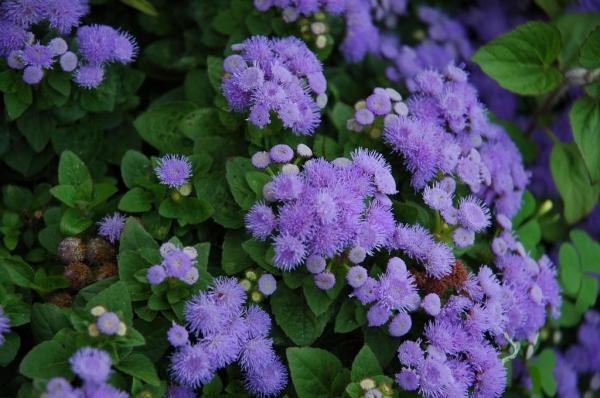
Citronella geranium (Pelargonium citrodorum)
Pelargonium citrodorum, also known as citronella geranium, lemon geranium, or mosquito repellent geranium, is a popular plant that is known for its ability to repel mosquitoes. Its citrus smell is thought to mask the scents that attract mosquitoes.
Citronella geranium is a popular choice for balconies and patios in Spain, as it is a beautiful and fragrant plant that can help to keep mosquitoes away. Citronella geranium is a relatively easy-to-care-for plant and can be grown in pots or in the garden. It prefers full sun or partial shade, and well-drained soil.
Learn how to care for geraniums, one of the most popular flowering plants in the world.

Garlic (Allium sativum)
Garlic (Allium sativum) is a versatile and beneficial plant that can be used for cooking, medicine, and pest control. Its intense aroma is thought to repel mosquitoes, making it a popular choice for mosquito repellent plants.
In addition to its mosquito-repellent properties, garlic also has a number of other health benefits. It is a good source of vitamins A and C, as well as potassium and iron. Garlic is also known for its anti-inflammatory and antimicrobial properties.

Laurel (Laurus nobilis)
Laurus nobilis, also known as laurel or bay laurel, is a popular herb that is used in cooking and traditional medicine. It is also known for its ability to repel mosquitoes. Laurel is an evergreen shrub or tree native to the Mediterranean region. It has glossy, green leaves that are lance-shaped and have a wavy margin.
The leaves are also very aromatic and have a strong, pungent scent. They contain a compound called cineole, which has a strong aroma that is repellent to mosquitoes.

Tansy (Tanacetum vulgare)
Tansy (Tanacetum vulgare) can be used as a natural mosquito repellent. It contains a compound called thujone, which has a strong aroma that is repellent to mosquitoes. However, tansy is also toxic, so it is important to use it with caution.
It is important to note that tansy is toxic if ingested. It can cause vomiting, diarrhea, headache, and seizures. Tansy is also toxic to pets.
If you have children or pets, it is important to keep them away from tansy plants. You should also wash your hands thoroughly after handling tansy.

Lemon thyme (Thymus citriodorus)
Lemon thyme (Thymus citriodorus) is a natural mosquito repellent. It contains a compound called citronellal, which has a strong aroma that is repellent to mosquitoes. Lemon thyme is also effective at repelling other insects, such as fleas and whiteflies.
Lemon thyme is a popular herb that is used in cooking, medicine, and aromatherapy. It has a strong, citrusy flavor that is often used to season seafood, chicken, and vegetables. Lemon thyme is also used in herbal teas and tinctures to treat a variety of conditions, such as colds, coughs, and indigestion.
Discover the best ways to keep your thyme plants healthy and thriving all season long.

Mums (Chrysanthemums)
Chrysanthemums, also known as mums, are a popular ornamental plant that is known for its beautiful flowers in a variety of colors. Chrysanthemums are also known for their ability to repel insects, including mosquitoes.
Chrysanthemums contain a compound called pyrethrin, which is a natural insecticide. Pyrethrin is toxic to mosquitoes and other insects, but it is relatively safe for humans and pets.
This plant is relatively easy to care for, but they do require some attention to maintain abundant flowering. Chrysanthemums prefer full sun or partial shade and well-drained soil. They should be watered regularly, but be careful not to overwater, as this can lead to root rot. Chrysanthemums also need to be fertilized regularly during the growing season.
Chrysanthemum essential oil can be irritating to the skin and eyes. It is important to dilute chrysanthemum essential oil before using it on the skin or in a spray bottle. You should also avoid getting chrysanthemum essential oil in your eyes.

French marigold (Tagete erecta)
Tagetes erecta, also known as tagete or marigold, is a popular ornamental plant that is known for its beautiful flowers and its ability to repel insects, including mosquitoes. Tagetes erecta is a native of Mesoamerica and is now grown all over the world.
Furthermore, tagate is also known for its culinary and medicinal uses. The flowers are sometimes used to flavor food and the leaves are used to make herbal teas.
It contains a compound called pyrethrin, which is a natural insecticide. Pyrethrin is toxic to mosquitoes and other insects, but it is relatively safe for humans and pets.
However, it is important to note that tagete's essential oil can be irritating to the skin and eyes. It is critical to dilute tagetes erecta essential oil before using it on the skin or in a spray bottle. You should also avoid getting tagetes erecta essential oil in your eyes.

Jasmine (Jasminum officinale)
Jasmine (Jasminum officinale) is a natural mosquito repellent. It contains a compound called linalool, which has a strong aroma that is repellent to mosquitoes. Jasmine is also effective at repelling other insects, such as flies and ants.
Jasmine is a popular ornamental plant that is known for its beautiful flowers and its sweet, fragrant aroma. It is a native of Asia and is now grown all over the world.
Enhance your landscape with beautiful other bell-shaped flowers like jasmine.

If you want to read similar articles to Plants That Repel Mosquitoes, we recommend you visit our Plant care and cultivation category.





